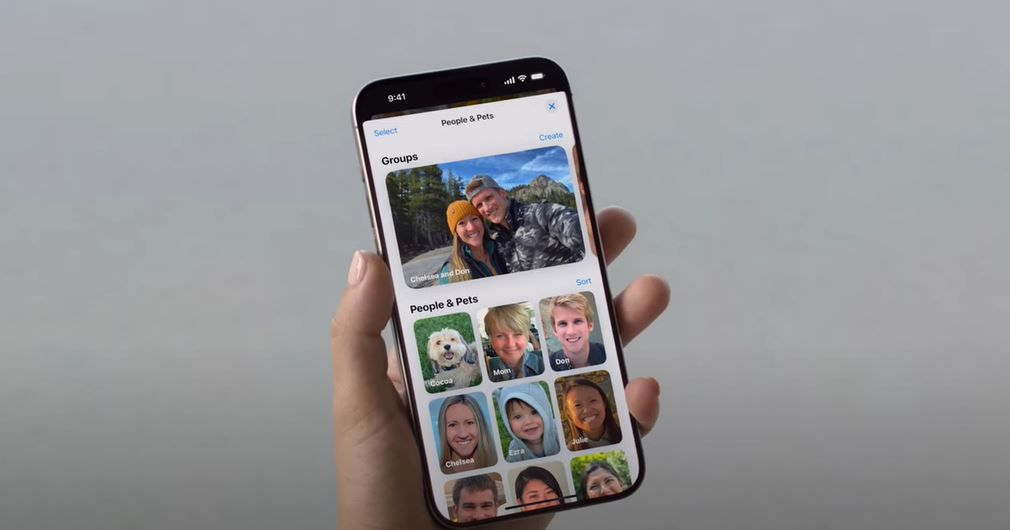Nothing in the Apple world has the impact of the annual iPhone launch, but the company’s yearly WWDC developer conference comes close.
Last year saw the launch of iOS 18, which brought with it a revamped Control Center, a new Passwords app, in-depth Home Screen customization, and much more. Yet iOS 18 also continued a worrying trend for Apple in terms of stability.
I’ve used the iPhone for over a decade, and while I love the direction Apple is taking with new features, the stability of iOS has me concerned. An increasing number of bugs and a more general feeling of complexity go against the reasons I fell in love with iOS in the first place, and ultimately make the iPhone far less competitive.
You may like
Apple is rumored to be launching a redesign of iOS 19 at WWDC 2025, possibly shifting its branding ahead to iOS 26 to partially align with the update’s release year. Here’s why I hope the company’s next software overhaul is far more than just a redesign, and that Apple rebuilds iOS with a focus on stability, not just aesthetics.
iOS no longer ‘just works’
The redesigned Photos app in iOS 18 (Image credit: Apple)
The success of the iPhone over the past 18 years has undoubtedly been due to Apple’s approach to both hardware and software. Android phones are widely renowned for having better specifications, at least if one looks at the specs on paper, but Apple has proven that software optimization is just as important.
Legendary founder Steve Jobs famously described the Apple ecosystem as “it just works”, but the stability of iOS 18 has continued a worrying trend that bucks that phrase. Many of the new hero features were somewhat buggy at launch, and crucially, if you transferred from an old iPhone into the iPhone 16 series, these bugs impacted the overall experience.
My iPhone 16 often freezes and either needs a restart, or I have to wait for it to respond. This is not an isolated issue, since the same complaints are being made by hundreds of users in communities like Reddit. I’ve also noticed significant battery drain on my iPhone 16, and enabling battery saver has a detrimental impact on performance.
Then there’s Apple Photos and the universal dislike for its complete overhaul in iOS 18. It’s rare that Apple customers universally dislike an official Apple app, but the redesigned Photos app leaves a lot to be desired, especially when Google Photos is such a compelling alternative. Yes, there are ways to make Apple Photos more like the previous version, but this experience is yet more indicative of Apple’s software challenges.
Software and hardware are no longer in sync
Apple announced Apple Intelligence at WWDC 2024 (Image credit: Apple)
The success of Apple’s products has been widely attributed to the company’s remarkable ability to integrate software and hardware into a seamless experience.
Over the past few years, though, the company’s hardware ambitions have not been matched by the same level of success in software, which became apparent with the launch of Apple Intelligence.
The A18 Pro processor in the iPhone 16 Pro and Pro Max is incredibly powerful, and builds upon the success of Apple’s M-series computing chips. The cameras used in the iPhone can capture great photos, and the Camera Control feature is surprisingly useful. But a year on from Apple’s big AI debut, many of the highlighted features that were noted as coming within a year have been significantly delayed.
The stability of iOS 18 has only partially improved a year later, despite being on the fifth major launch build. Conversely, the Action Button and Dynamic Island are two rare hardware features where the software completes the hardware experience, proving that Apple can still deliver a compelling package.
A look at history suggests iOS needs a rebuild
The Samsung Galaxy Note 7 running TouchWiz
Apple’s current software challenges feel familiar, and that’s because we’ve seen this story before. To find the answer to its own problems, Apple needs to look no further than its chief rival, Samsung.
I’ve reviewed phones for nearly 20 years, and while Samsung’s One UI is one of the best user experiences on Android right now, this wasn’t always the case. Before the launch of One UI in 2018, Galaxy phones ran TouchWiz, and while I was a fan of Samsung’s software at the time, I recall being in the distinct minority.
The biggest challenge facing Samsung’s software team at the time is also a cautionary tale for Apple and other phone makers.
TouchWiz was launched just two years after iOS, and both platforms have undergone considerable changes as smartphone users evolved and new habits formed. Like Microsoft has faced with Windows, this usually leads to software that is continually being added to, and the experience will inevitably suffer.
The Vision Pro and Vision OS show that Apple can still build a phenomenal integrated experience.
The answer for Apple is the same approach that Samsung took back in 2018: a complete rebuild. One UI took years to develop, and it removed large portions of the legacy experience in favor of the features required for current and future smartphone form factors, such as the Galaxy Z Fold 7.
For Apple to successfully launch new hardware and software form factors, such as the rumored iPhone Fold, the company needs to rebuild iOS from the ground up, not just redesign the existing codebase.
The Vision Pro and Vision OS show that Apple can still build a phenomenal integrated experience – now it just needs to do the same for the iPhone.
You might also like
The post Forget fancy new features, it’s time for Apple to make sure that iOS just works again appeared first on World Online.

